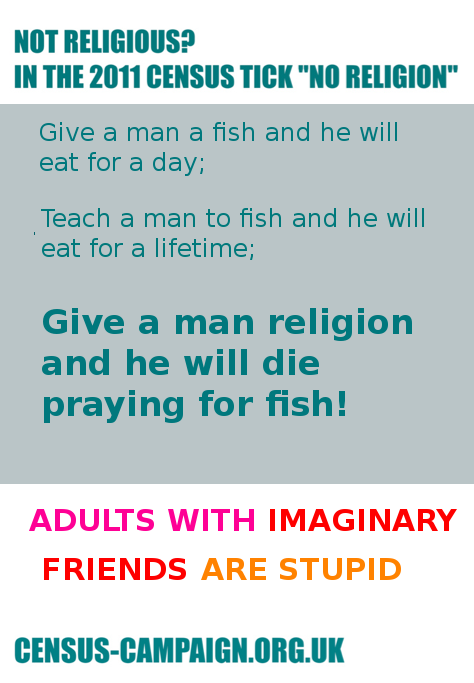http://www.surveymonkey.com/s/KJL3D2N
Here are some suggested answers:
* 4. Do you think Homeopaths should be allowed to explain how Homeopathy works?
Very poorly phrased survey question; it makes the assumption that homoeopathy works which, of course, it doesn't! If something doesn't work, it is impossible to explain "how it works" without lying. I acknowledge that this does not necessarily present a moral dilemma for all homoeopaths.
* 5. If you visited a Homeopaths website, would you find it useful or not useful to know which conditions they can treat?
Given that the scientific evidence is that homoeopathy is no more effective than a placebo, and placebos can, in similar circumstances, treat almost anything, this would be entirely useless information. It would also be misleading.
* 6. Do you think testimonials giving details of improvement from genuine patients should be not allowed or allowed?
If homoeopaths want to be taken seriously, they should advertise only the results of objective peer-reviewed randomised double-blinded trials of their magic sugar pills, not some entirely unscientific subjective "testimonial".
* 7. Why do you think Homeopaths are being treated in this way?
So that the public is less likely to be misled by the deceptions of well-meaning but self-delusional ignoramuses or unscrupulous charlatans. Take your pick: EITHER they are medical practitioners and must be treated the same way as proper medical practitioners and provide proper evidence OR they are charlatans.

